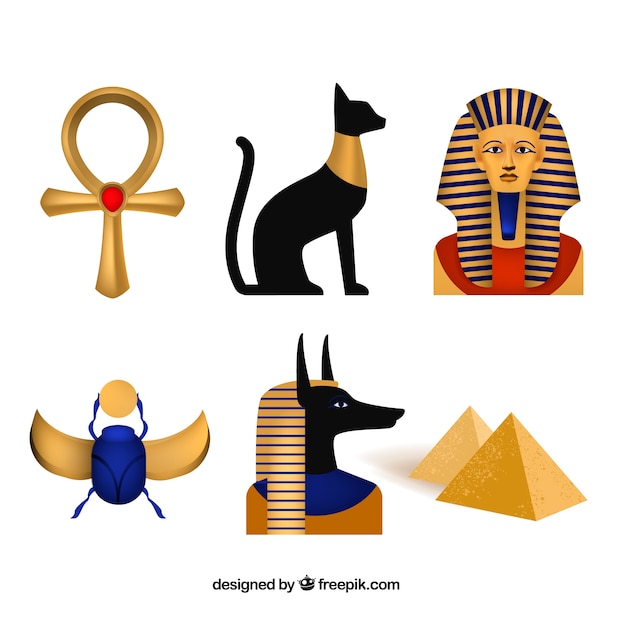Sphinx Facts – Unraveling the Secrets of the Enigmatic Creature

The Sphinx is a symbol of mystery and wisdom in ancient Egyptian mythology.
The Sphinx is believed to have been built during the reign of Pharaoh Khafre, around 2500 BC.
The face of the Sphinx is said to resemble Pharaoh Khafre himself.
The Sphinx is made of limestone and stands at a height of about 66 feet.
The Sphinx was carved out of a single block of limestone.
The Sphinx faces the rising sun in the east, symbolizing the cycle of life and rebirth.
The Sphinx has the body of a lion, symbolizing strength and power.
The Sphinx has the head of a human, symbolizing intelligence and wisdom.
The Sphinx’s nose is missing, and its whereabouts remain a mystery.
The Sphinx was buried in sand for centuries, with only its head visible above the surface.
The Sphinx was partially restored in the 19th century to its current state.
The Sphinx was a popular subject in ancient Egyptian art.
The Sphinx has inspired many legends and stories throughout history.
The Sphinx is considered one of the wonders of the ancient world.
The Sphinx is a UNESCO World Heritage Site.
The Sphinx has appeared in many movies and TV shows, including The Mummy and Night at the Museum.
The Sphinx was a significant landmark for ancient travelers.
The Great Pyramid of Giza is located near the Sphinx.
The Sphinx is one of the most iconic symbols of Egypt.
The Sphinx’s enigmatic smile has fascinated people for centuries.
Sphinx Facts – Unraveling the Secrets of the Enigmatic Creature part 2
The Sphinx is believed to guard the secrets of the pyramids.
The Sphinx is aligned with the constellation of Leo.
The Sphinx is a popular tourist attraction in Egypt.
The Sphinx is a testament to ancient Egyptian craftsmanship and engineering.
The Sphinx has withstood the test of time, surviving thousands of years of erosion and weathering.
The Sphinx’s body is believed to represent the pharaoh’s authority and rulership.
The Sphinx’s positioning may represent a connection between the pharaoh and the gods.
The Sphinx is mentioned in numerous ancient Egyptian texts and inscriptions.
The Sphinx is a source of inspiration for artists, writers, and poets.
The Sphinx’s paws are disproportionately small compared to its head and body.
The Sphinx was a focal point for ancient rituals and ceremonies.
The Sphinx is surrounded by an enclosure wall, creating a sacred space.
The Sphinx attracts millions of visitors each year.
The Sphinx has been the subject of many theories and speculations regarding its purpose and symbolism.
The Sphinx’s stoic expression adds to its air of mystery and intrigue.
The Sphinx aligns with the rising sun on the spring equinox, creating a spectacular sight.
The Sphinx has survived countless earthquakes and natural disasters throughout history.
The Sphinx’s close proximity to the Nile River may have influenced its symbolism.
The Sphinx’s eyes were originally made of valuable stones, such as obsidian or granite.
The Sphinx’s body was once painted in vibrant colors, but they have faded over time.
The Sphinx is often depicted in ancient Egyptian artwork alongside the pyramids.
The Sphinx’s role in ancient Egyptian religion and belief systems is still not fully understood.
The Sphinx is a popular subject for photographers from around the world.
The Sphinx’s ears are believed to represent the pharaoh’s ability to listen and hear the divine.
The Sphinx continues to captivate and inspire people with its timeless presence.